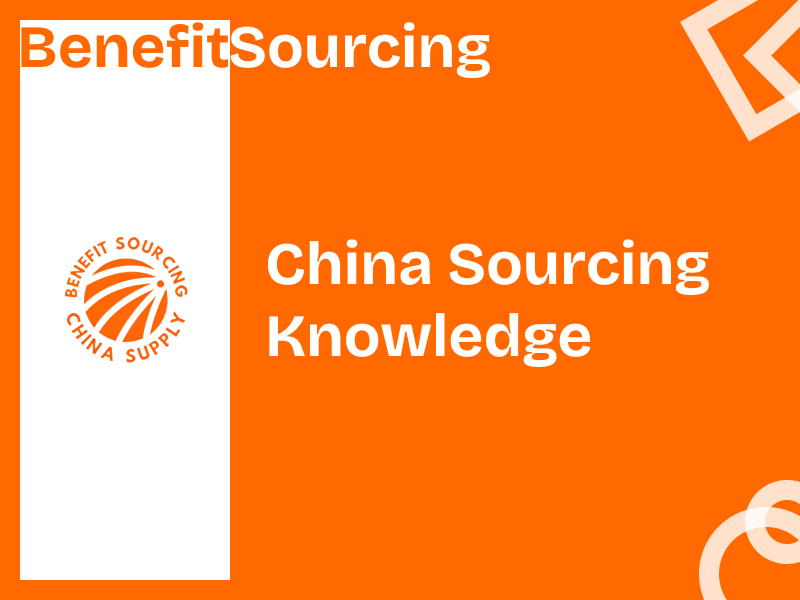How to Ensure Payment Security in Cross-Border Deals

Understand Common Payment Risks Cross - border transactions involve unique challenges, including currency fluctuations, fraud, payment delays, and regulatory differences. Small businesses often face higher risks due to limited bargaining power and unfamiliarity with Chinese suppliers. Start by identifying red flags:
- Suppliers requesting full upfront payments without contracts
- Unverified company credentials or lack of business licenses
- Pressure to use unconventional payment channels like cryptocurrency
- Vague product descriptions or refusal to provide samples
Use Secure Payment Methods Prioritize platforms and instruments with built - in buyer protection:
- Letters of Credit (LCs): A bank - guaranteed payment method where funds are released only when shipment documents are verified. Suitable for transactions above $20,000.
- Escrow Services: Third - party platforms like Alibaba Trade Assurance hold payments until buyers confirm satisfactory delivery.
- Secure Gateways: PayPal, Stripe, and AliPay’s cross - border solutions offer chargeback options for disputed transactions.
- Telegraphic Transfers (TT): Use SWIFT transfers with clear payment terms (e.g., 30% deposit, 70% before shipment).
Avoid:
- Direct bank transfers to personal accounts
- Unregulated payment apps
- Cryptocurrency for first - time transactions
Verify Supplier Legitimacy Conduct due diligence before sharing payment details:
- Request business licenses (look for Unified Social Credit Code)
- Check company registration on Chinese government portals like National Enterprise Credit Information Publicity System
- Use third - party verification services like Supplier Audit Reports
- Confirm factory addresses via video walkthroughs or Google Earth
Implement Phased Payments Split payments to minimize risk:
- 30% Deposit: Payable after signing a proforma invoice
- 40% Progress Payment: Released upon receiving production photos/videos
- 30% Balance: Paid after quality inspection and before shipping Include milestones in contracts with clear deadlines.
Leverage Contract Protections A legally binding contract should specify:
- Product specifications (materials, dimensions, packaging)
- Incoterms (e.g., FOB Shanghai, CIF Los Angeles)
- Quality inspection procedures (third - party or self - inspection)
- Penalties for delays (e.g., 1% of order value per day)
- Dispute resolution jurisdiction (preferably neutral arbitration)Have contracts reviewed by a Chinese - speaking lawyer and notarized where required.
Monitor Currency Risks Use these strategies to avoid exchange rate losses:
- Lock in rates through forward contracts with your bank
- Negotiate USD - denominated contracts with Chinese suppliers
- Use multi - currency accounts (e.g., Wise Borderless Account)
- Build 3 - 5% currency fluctuation buffers into pricing
Adopt Fraud Prevention Tools
- Enable two - factor authentication on all payment accounts
- Use virtual credit cards with spending limits for online payments
- Screen supplier emails for domain inconsistencies (e.g., @factory1688.com vs official @factory.com)
- Verify changes to payment details via multiple channels (phone + email)
Document Everything Maintain records of:
- Chat logs (WhatsApp/WeChat conversations)
- Email correspondence
- Signed purchase agreements
- Shipping documents (BL, packing list, certificates)
- Payment receipts with supplier stamps
Practical Example Workflow
- Negotiate terms: 30% deposit, 70% LC at sight
- Verify supplier through video audit and sample testing
- Sign contract specifying product specs and delivery timeline
- Transfer deposit via PayPal Goods & Services
- Monitor production through weekly photo updates
- Hire third - party inspectors (e.g., SGS) before shipment
- Approve LC documents through advising bank
When Problems Occur
- Contact the payment provider immediately if goods are undelivered
- File disputes within platform deadlines (e.g., 180 days for PayPal)
- Escalate to China’s Department of Commerce mediation services
- Seek recovery through trade credit insurance if purchased
By combining secure payment methods, thorough verification, and contractual safeguards, small international buyers can confidently navigate cross - border deals. Start with smaller trial orders to build trust with new suppliers, gradually scaling up as relationships mature.
Need a sourcing agent in China?
Just send us your demand with the form below.